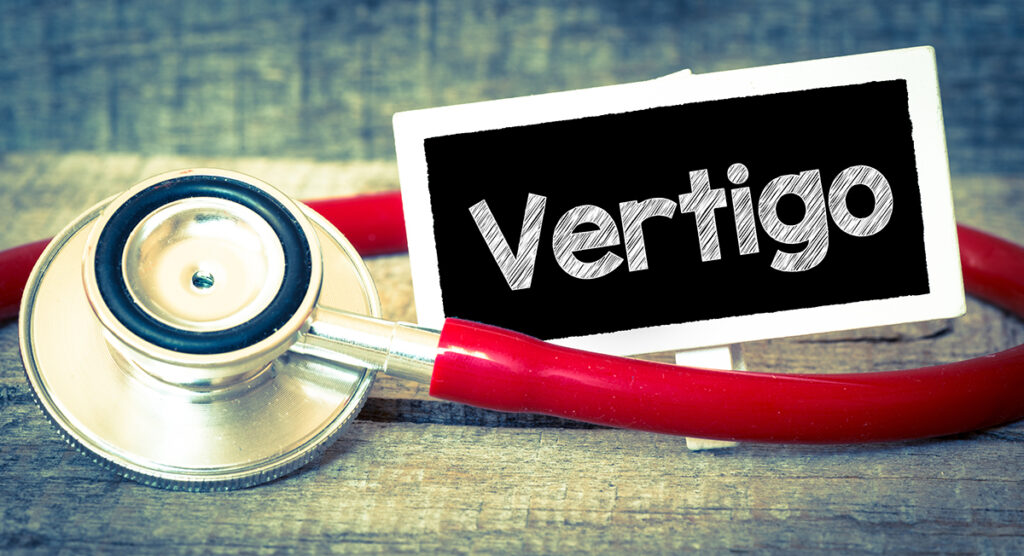Integrate Physiotherapy provides quality Physiotherapy care for Vertigo sufferers to the local areas of Warner, Bray Park, Brendale & Cashmere.

DIZZYNESS AFFECTS AROUND 15% OF PEOPLE
The impact
The impact of having a dizziness and balance problem can be annoying but not severe or can be debilitating, making it difficult to walk, drive, work, and even enjoy life. Often leading to feelings of frustration, loss of confidence, anxiety and depression.
The vestibular system
The vestibular system of the inner ear is made of five sensory organs (see diagram): three semi-circular canals; and two otolith organs. The purpose of the vestibular system is to monitor the position and motion of your head in space. The semi-circular canals are responsible for detecting rotation, for example when you nod or shake your head. The otolith organs are responsible for detecting motion along a line, for example when your car stops suddenly, or when you lean to one side. The inner ear structures send signals into areas of the brain, which subsequently are involved in co-ordinating movements of your eyes and your head, and in maintaining balance.

Vestibular disorders
There are a range of disorders that commonly interfere with the functioning of the vestibular system and which can result in the types of symptoms described previously. These include:
• vestibular neuronitis (a viral infection of the inner ear);
• acoustic neuroma (a benign tumour which grows along the course of the vestibular nerve);
• Menieres Disease (a fluctuating disorder which involves the build-up of fluid in the inner ear);
• Benign Paroxysmal Positional Vertigo (BPPV) (a disorder caused by debris freely floating in the fluid of the inner ear);
• otoxicity (an adverse reaction of inner ear structures to certain medications);
• vestibular migraine (a variant of classic migraine where the main symptom is of dizziness rather than headache);
• stroke (an interference with the blood supply to the inner ear and vestibular areas within the brain); and
• trauma (motor vehicle accidents, significant falls)
These are only a few examples of common disorders involving the vestibular system.
Symptoms
There are a variety of symptoms associated with disorders of the vestibular system. These include:
• dizziness;
• vertigo (an illusion of motion);
• blurred vision;
• nausea;
• impaired balance;
• unsteady walking;
• reduced concentration; and
• increased fatigue.
These types of symptoms may subsequently lead to other problems, such as loss of confidence, frequent falls, work-related issues, headaches, difficulties with driving, depression and feelings of significant anxiety and fear.
Treatment
At Integrate Physiotherapy our physiotherapists can use Vestibular Rehabilitation Therapy (VRT) to treat your dizziness, balance or vertigo issues.
Please call us on 07 3419 4796 to arrange your comprehensive vertigo assessment and begin your journey towards living a life without dizziness! We look forward to hearing from you!